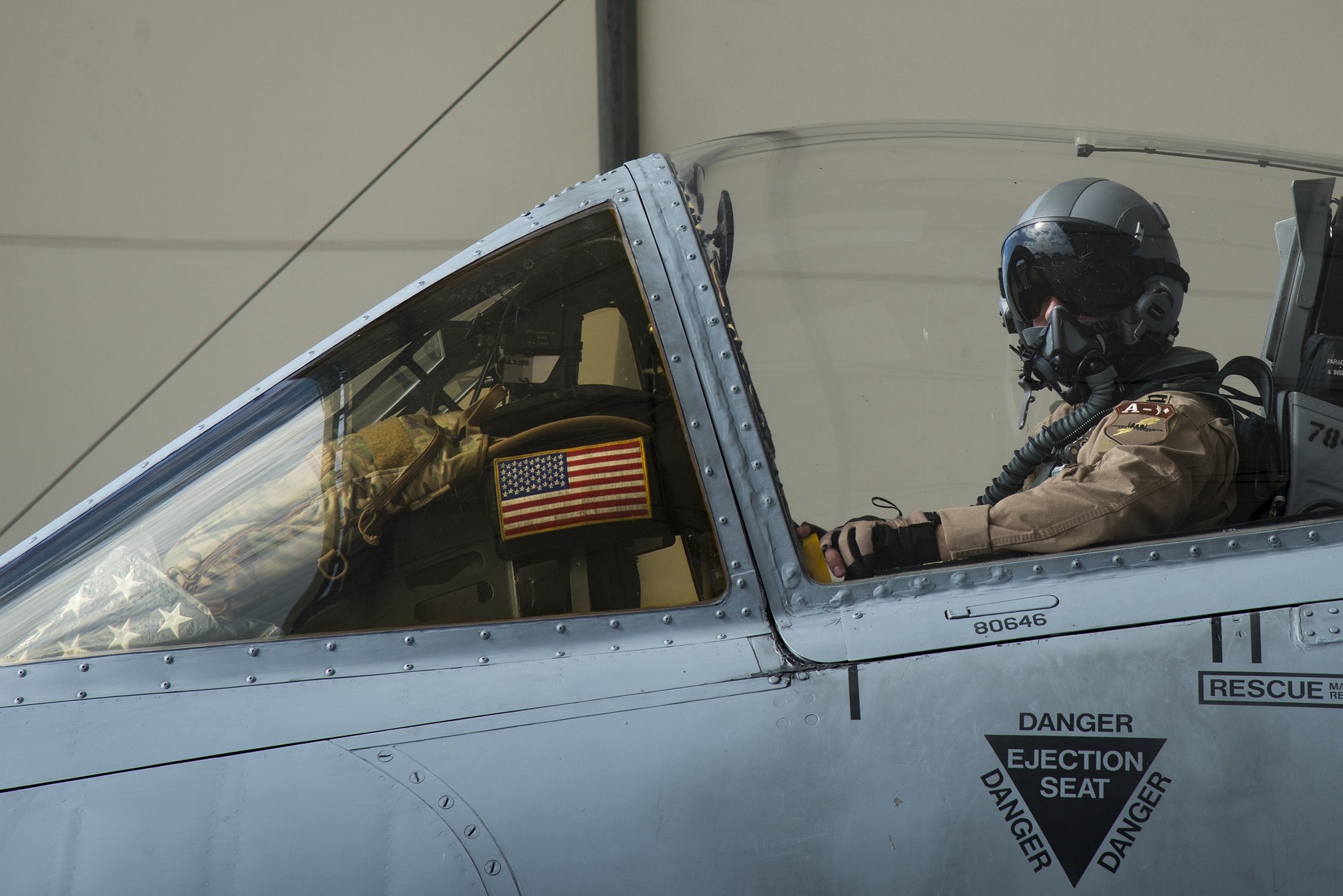The Department of the Air Force has just published a new guide called Mental Health: An Overview for Service Members (or the Mental Health Overview) which forges a clear path to follow for Airmen and Guardians needing mental health aid. The guide is aimed to reduce the stigma associated with mental health and to highlight how Airmen and Guardians can obtain both clinical and non-clinical mental health assistance. It also provides useful tips on how they can use the resources available to them to full avail. Read on to discover how this guide and other initiatives are paving the way for better health for military personnel.
The Need for Clarification
Lt. Col. Eric Myer, Deputy Director of Psychological Health and Psychiatry Consultant to the U.S. Surgeon General, has stated that there is a critical need for Airmen and Guardians to access all available sources in one guide. Meyer explained that although there are excellent professionals ready to provide comprehensive medical and non-medical help to those whose mental health may require it, the Air Force previously lacked a tool that explained the system to staff. The new guide is simple to use yet explains exactly how to navigate the mental health support system so that no time is lost when it comes to receiving needed help.
The Pressing Need for More Mental Health Initiatives
The Air Force has been spearheading a years-long battle to improve mental health, with cases such as the loss of 24 Airmen to suspected suicide in the first three months of 2023 being a clear red flag. In 2022, meanwhile, some 90 Airmen’s lives were lost to suicide, as per Pentagon data. Around 25 of every 100,000 troops perish due to suicide every year, which is considerably higher than the national rate of 15 per 100,000 Americans. The Pentagon has been establishing a myriad of policies to encourage troops to report and seek help if they have mental health issues. The Mental Health Overview is just one initiative, but there have been other noteworthy advances. For instance, in 2021, the new law, the Brandon Act, enabled troops to request an expedited referral to mental health services from their commander or supervisor. The latter must set up an appointment with a mental health provider by the end of the following day, thus evading potentially dangerous delays to get help.
Common Mental Health Issues in the Air Forces
The Air Force Materiel Command reports that the most commonly diagnosed incident mental health disorder among active members in service is adjustment disorder. This is an unhealthy emotional or behavioral response to an event or change. It is certainly true that many members of the military experience big changes, such as being transferred to a new place during active duty deployment. Members may have a host of stressors during a big move, including being responsible for shipping a private vehicle. Moving home is officially classified as one of life’s biggest stressors, and this applies to members of the military and civilians alike. When moving cars and other necessary items from one country to another, members have to tackle everything from scheduling shipping, since government-issued transport isn’t always available. Of course, the logistics of moving are just the tip of the iceberg. Moving can also affect one’s family stability and cause stress in relationships… the kind of stress that can trigger anxiety and depression and last for much longer than is considered healthy.
Common Stressors
Just a few stressors members of the military may find it difficult to adjust to include relationship issues (including the breakdown of relationships), adapting to the sometimes rigorous physical and mental demands of military life, health issues, financial issues, work problems (such as failing to achieve goals), and unexpected tragedies. Signs to watch out for include over- or under-sleeping, losing interest in people and activities, feeling fatigued or having no energy or motivation, feeling like nothing matters, having unexplained aches and pains, and feeling like things will never get better. Some may resort to unhealthy habits such as smoking, drinking, or drug-taking to cope. Others may develop over-thinking, mood swings, and thoughts of self-harm. A smaller percentage may hear voices and others may struggle to fulfill daily tasks such as keeping their homes tidy or getting their kids to school.
What Steps Can Airmen and Guardians Take to Preserve Their Mental Health?
Airmen and Guardians can utilize the Mental Health Overview to immediately take action if they have had troublesome adjustments or if they have anxiety, depression, or suicidal thoughts. The report indicates that the Mental Health (MH) Clinic, Primary Care Clinic, and Primary Care Behavioral Health (PCBH) Clinic can all provide clinical mental health care. The starting point is the MH Clinic, which can assist the member by “vectoring” them to the right resource for their situation. Most do not need clinical mental health care, meaning that most support offered is non-clinical. Within the MH Clinic, most patients receive group therapy, though some may need individual treatment and/or medication. Most mental health conditions can be resolved. The MC Clinic sees its main goal as helping patients achieve “remission” promptly, so they continue fulfilling their missions.
The new Mental Health Overview has been published to help Airmen and Guardians identify a simple path to mental health support. The guide explains that while most will not need clinical care, those who do have a right to it in a timely fashion. Many other initiatives have been set up and waiting times to obtain mental health aid have been significantly reduced.







